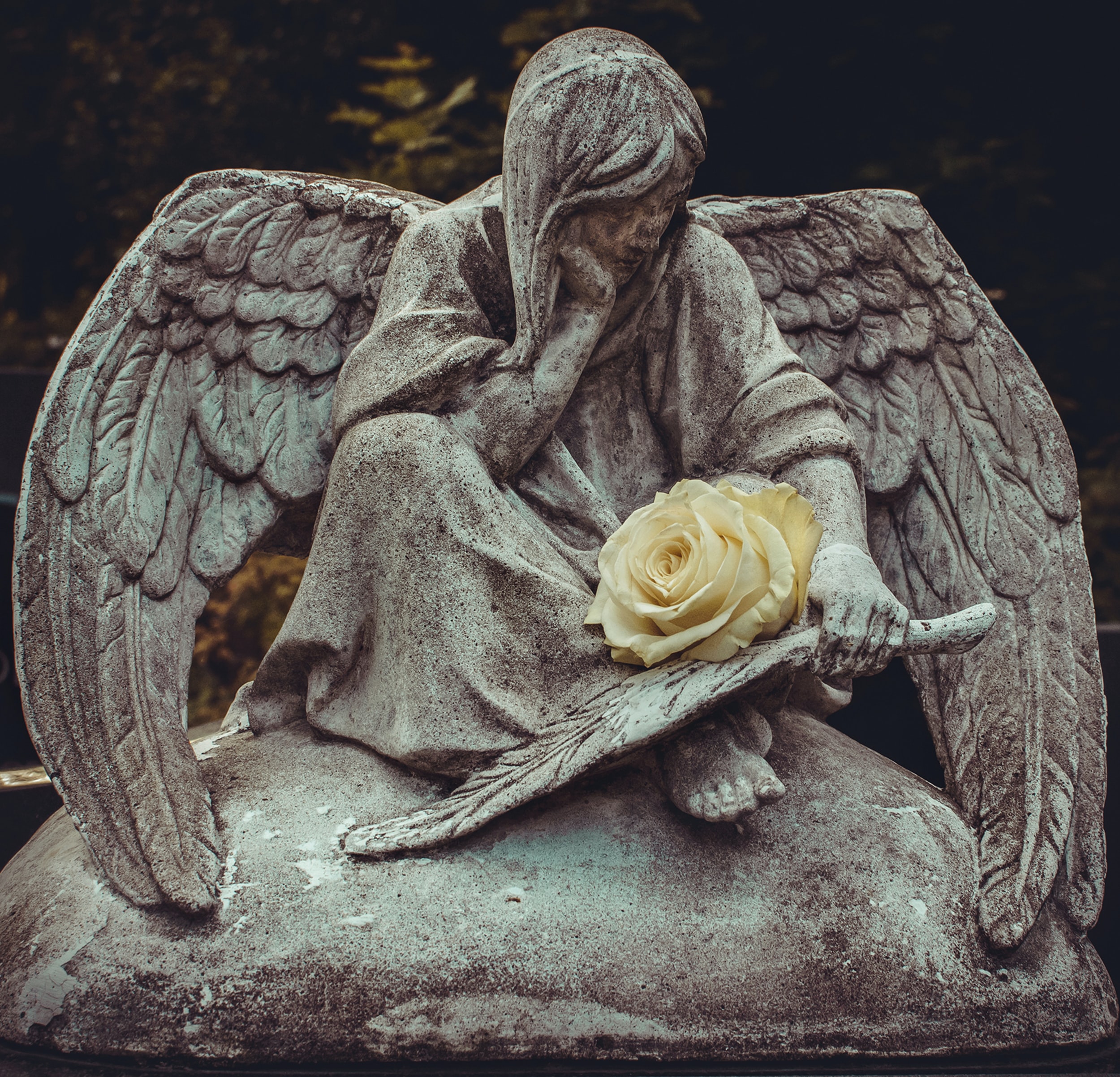The First Reading today begins, ‘the one who believes that Jesus is the Son of God, is indeed, victor over the world, through the Spirit, water and Blood of Christ.’
The Catechism of the Catholic Church states, “The Word became flesh to be our model of holiness: ‘Take my yoke upon you, and learn from me.’ ‘I am the way, and the truth, and the life; no one comes to the Father, but by me.’74 On the mountain of the Transfiguration, the Father commands: ‘Listen to him!’75 Jesus is the model for the Beatitudes and the norm of the new law: ‘Love one another as I have loved you.’76 This love implies an effective offering of oneself, after his example.”77(ccc 459)
It is through and because of God’s love, Jesus’ love, that the man with leprosy was healed in the Gospel. Love is the victor over the disease! This conviction is echoed in the reading from Isaiah in the morning office , “Turn to me and be safe, all you ends of the earth, for I am God; there is no other!” Love is the Victor of the world!
The Catechism goes on to say in ccc 872: “In virtue of their rebirth in Christ there exists among all the Christian faithful a true equality with regard to dignity and the activity whereby all cooperate in the building up of the Body of Christ in accord with each one’s own condition and function.” It is through the Holy Spirit, the water and Blood of Christ that healing has been shared with all humanity.
The Victor of the world is love, God’s love. Fr. Casey Cole, ofm offers this perspective:
“In the way we love one another, work for justice, and offer sacrifice—doing as Jesus did—we can actually make a difference in our world because it is in these moments that Christ dwells in us and the Holy Spirit is sent forth from us. What is it that we always pray? “Send down your Spirit and renew the face of the earth!” If we want to follow after Jesus, we must let go of our cynicism and bleak outlook on the world, and instead believe with all our hearts that Christ is in control of this mission. We must look beyond what is not yet redeemed and open our eyes to the overflowing torrent that is God’s love in our world, transforming and renewing the face of the earth. We must realize it is through us, those whom Jesus has called as his disciples, that this work is being accomplished.”
Listen to the song from Friz Love, Heal the World Jesus . My hope is that God’s love transforms our world this year through faith, prayer and that which is each of ours to do in His kingdom on earth. Shalom
 Beth Price is part of the customer care team at Diocesan. She brings a unique depth of experience to the group due to her time spent in education, parish ministries, sales and the service industry over the last 25 yrs. She is a practicing spiritual director as well as a Secular Franciscan (OFS). Beth is quick to offer a laugh, a prayer or smile to all she comes in contact with. Reach her here bprice@diocesan.com.
Beth Price is part of the customer care team at Diocesan. She brings a unique depth of experience to the group due to her time spent in education, parish ministries, sales and the service industry over the last 25 yrs. She is a practicing spiritual director as well as a Secular Franciscan (OFS). Beth is quick to offer a laugh, a prayer or smile to all she comes in contact with. Reach her here bprice@diocesan.com.
Feature Image Credit: Tim Marshall, https://unsplash.com/photos/cAtzHUz7Z8g

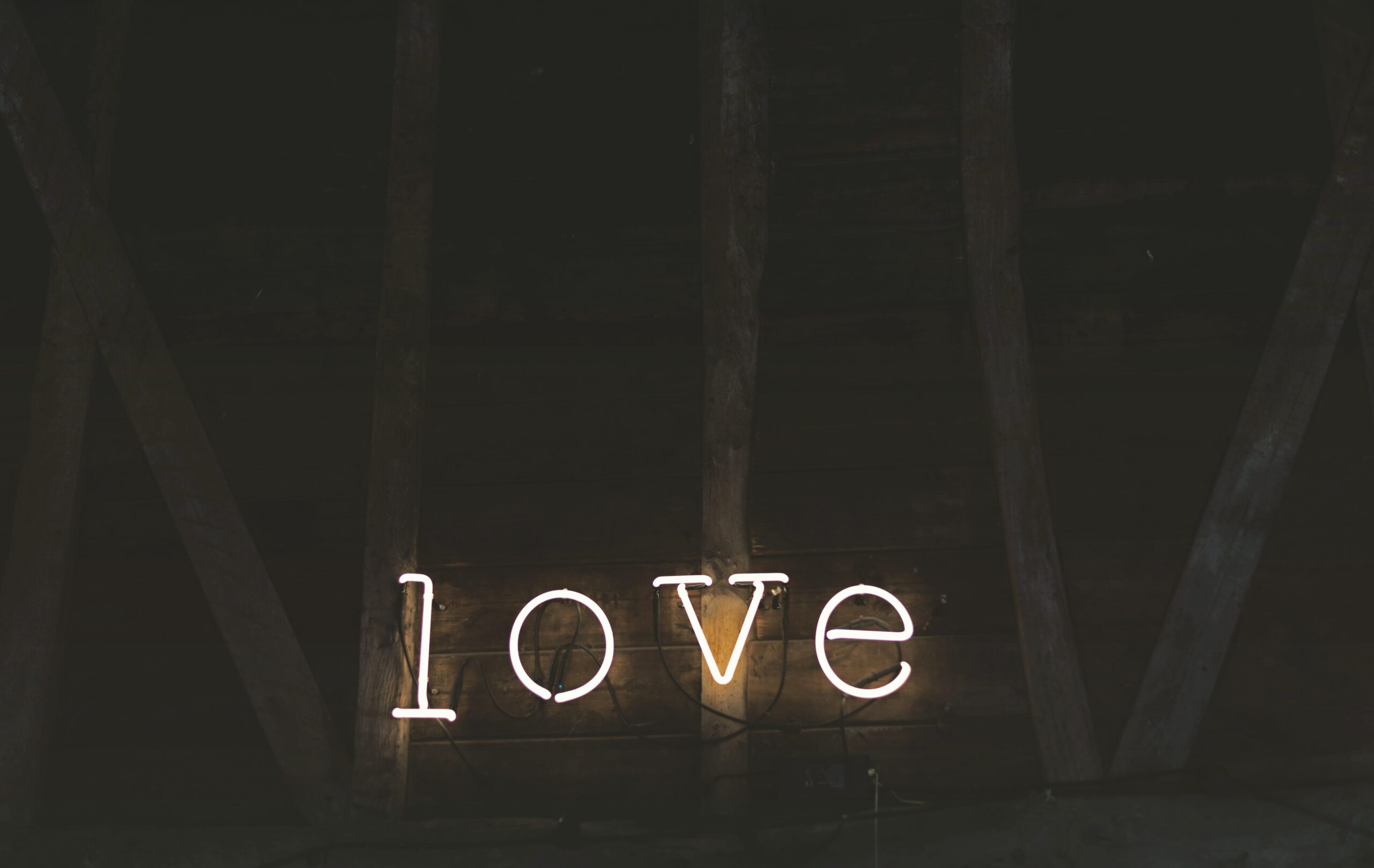
 Tommy Shultz is the Founder/Director of Rodzinka Ministry and the Director of Faith Formation for the North Allegan Catholic Collaborative. In these roles, he is committed to bringing all those he meets into a deeper relationship with Christ. Tommy has a heart and flair for inspiring people to live their faith every day. He has worked in various youth ministry, adult ministry, and diocesan roles. He has been a featured speaker at retreats and events across the country. With a degree in Theology from Franciscan University, Tommy hopes to use his knowledge to help all people understand the beauty of The Faith. Contact Tommy at
Tommy Shultz is the Founder/Director of Rodzinka Ministry and the Director of Faith Formation for the North Allegan Catholic Collaborative. In these roles, he is committed to bringing all those he meets into a deeper relationship with Christ. Tommy has a heart and flair for inspiring people to live their faith every day. He has worked in various youth ministry, adult ministry, and diocesan roles. He has been a featured speaker at retreats and events across the country. With a degree in Theology from Franciscan University, Tommy hopes to use his knowledge to help all people understand the beauty of The Faith. Contact Tommy at 
 Dakota currently lives in Denver, CO and teaches English Language Development and Spanish to high schoolers. She is married to the love of her life, Ralph. In her spare time, she reads, goes to breweries, and watches baseball. Dakota’s favorite saints are St. John Paul II (how could it not be?) and St. José Luis Sánchez del Río. She is passionate about her faith and considers herself blessed at any opportunity to share that faith with others. Check out more of her writing at
Dakota currently lives in Denver, CO and teaches English Language Development and Spanish to high schoolers. She is married to the love of her life, Ralph. In her spare time, she reads, goes to breweries, and watches baseball. Dakota’s favorite saints are St. John Paul II (how could it not be?) and St. José Luis Sánchez del Río. She is passionate about her faith and considers herself blessed at any opportunity to share that faith with others. Check out more of her writing at 
 Kate Taliaferro is an Air Force wife and mother. She is blessed to be able to homeschool, bake bread and fold endless piles of laundry. When not planning a school day, writing a blog post or cooking pasta, Kate can be found curled up with a book or working with some kind of fiber craft. Kate blogs at
Kate Taliaferro is an Air Force wife and mother. She is blessed to be able to homeschool, bake bread and fold endless piles of laundry. When not planning a school day, writing a blog post or cooking pasta, Kate can be found curled up with a book or working with some kind of fiber craft. Kate blogs at 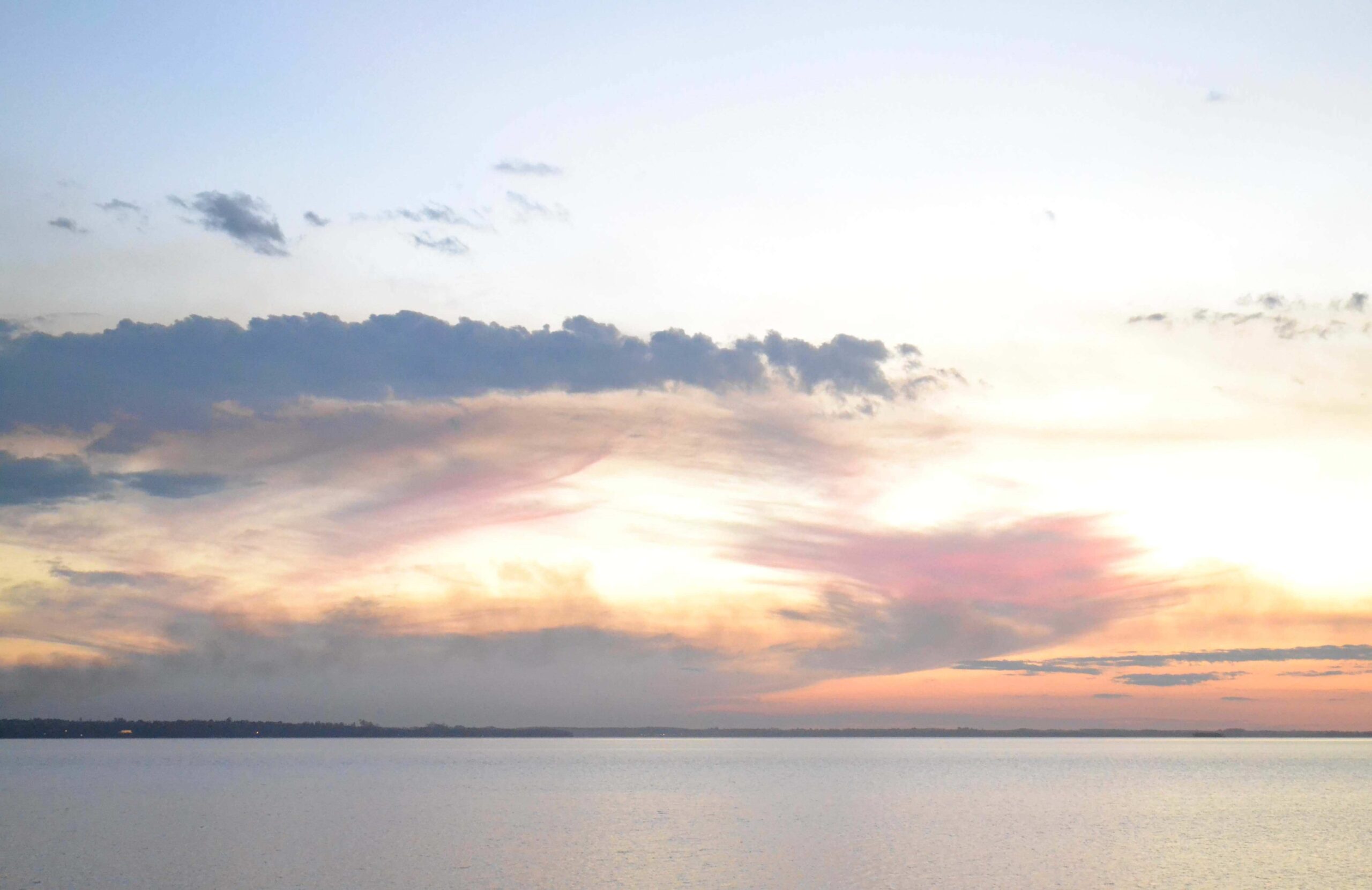
 Emily Jaminet is a Catholic author, speaker, radio personality, wife, and mother of seven children. She earned a bachelor’s degree in mental health and human services from the Franciscan University of Steubenville. She is the co-founder of
Emily Jaminet is a Catholic author, speaker, radio personality, wife, and mother of seven children. She earned a bachelor’s degree in mental health and human services from the Franciscan University of Steubenville. She is the co-founder of 
 Tami Urcia grew up in Western Michigan, a middle child in a large Catholic family. She spent early young adulthood as a missionary in Mexico, studying theology and philosophy, then worked and traveled extensively before finishing her Bachelor’s Degree in Western Kentucky. She loves tackling home improvement projects, finding fun ways to keep her four boys occupied, quiet conversation with the hubby and finding unique ways to love. She works at her parish, is a guest blogger on
Tami Urcia grew up in Western Michigan, a middle child in a large Catholic family. She spent early young adulthood as a missionary in Mexico, studying theology and philosophy, then worked and traveled extensively before finishing her Bachelor’s Degree in Western Kentucky. She loves tackling home improvement projects, finding fun ways to keep her four boys occupied, quiet conversation with the hubby and finding unique ways to love. She works at her parish, is a guest blogger on 
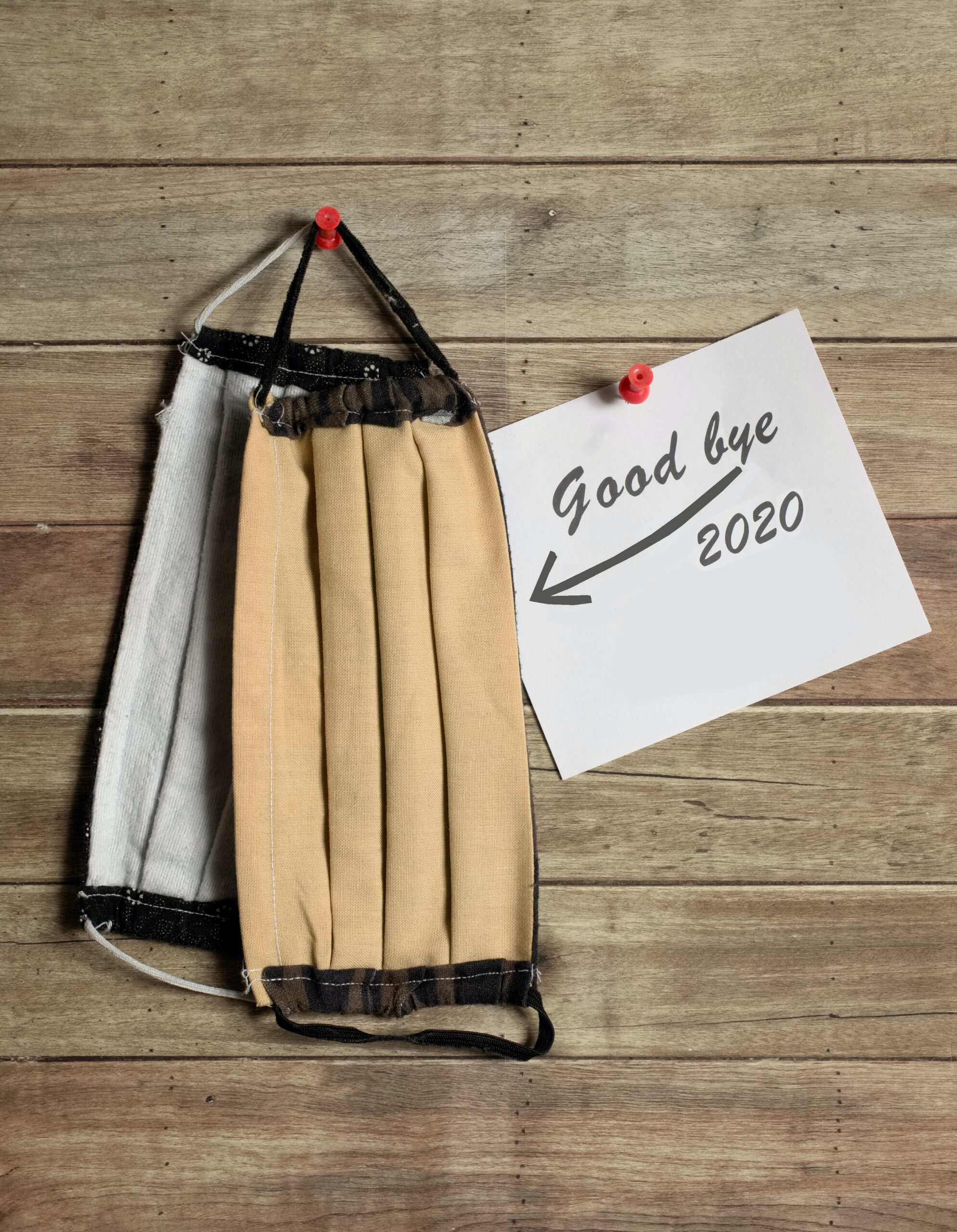
 Perpetua Phelps is a high school student residing in West Michigan and is the second of four children. Apart from homeschooling, Perpetua enjoys volunteering at her church, attending retreats, studying Latin and French, and reading classics such as Beowulf, The Lord of the Rings, C.S. Lewis’ Space Trilogy, and Mark Twain’s Joan of Arc. She also spends much time writing novels, essays, and poetry for fun and competition. A passionate Tolkien fan, Perpetua is a founding member of a Tolkien podcast.
Perpetua Phelps is a high school student residing in West Michigan and is the second of four children. Apart from homeschooling, Perpetua enjoys volunteering at her church, attending retreats, studying Latin and French, and reading classics such as Beowulf, The Lord of the Rings, C.S. Lewis’ Space Trilogy, and Mark Twain’s Joan of Arc. She also spends much time writing novels, essays, and poetry for fun and competition. A passionate Tolkien fan, Perpetua is a founding member of a Tolkien podcast.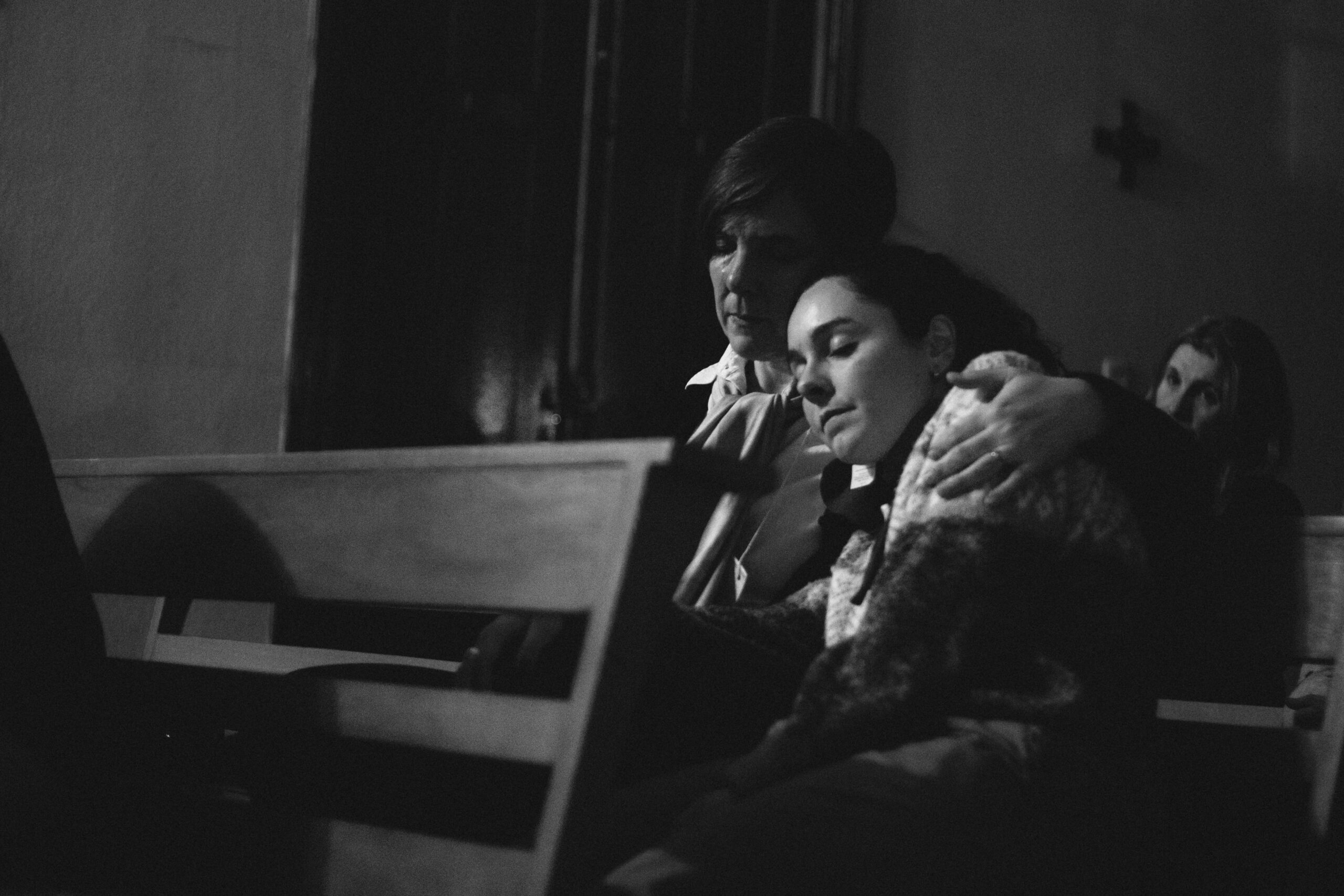
 Kathryn James Hermes, FSP, is the author of the newly released title
Kathryn James Hermes, FSP, is the author of the newly released title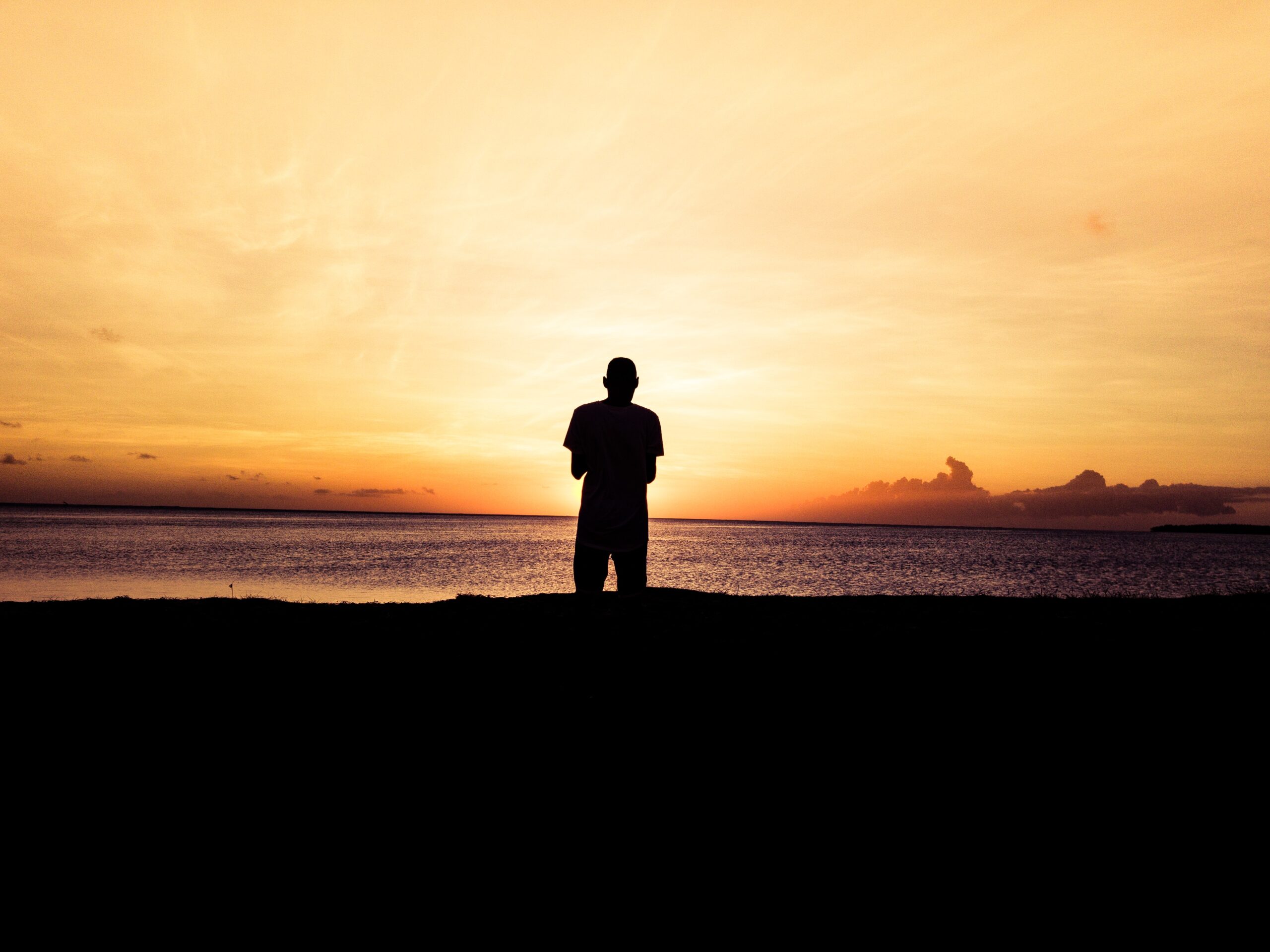
 Erin Madden is a Cleveland native and graduate of the Franciscan University of Steubenville. Following graduation, she began volunteering in youth ministry at her home parish of Holy Family Church. Her first “big girl” job was in collegiate sports information where, after a busy two years in the profession on top of serving the youth, she took a leap of faith and followed the Lord’s call to full-time youth ministry at St. Peter Church. She still hopes to use her communication arts degree as a freelance writer and statistician, though. You can catch her on the Clarence & Peter Podcast on YouTube as well as follow her on Twitter @erinmadden2016.
Erin Madden is a Cleveland native and graduate of the Franciscan University of Steubenville. Following graduation, she began volunteering in youth ministry at her home parish of Holy Family Church. Her first “big girl” job was in collegiate sports information where, after a busy two years in the profession on top of serving the youth, she took a leap of faith and followed the Lord’s call to full-time youth ministry at St. Peter Church. She still hopes to use her communication arts degree as a freelance writer and statistician, though. You can catch her on the Clarence & Peter Podcast on YouTube as well as follow her on Twitter @erinmadden2016.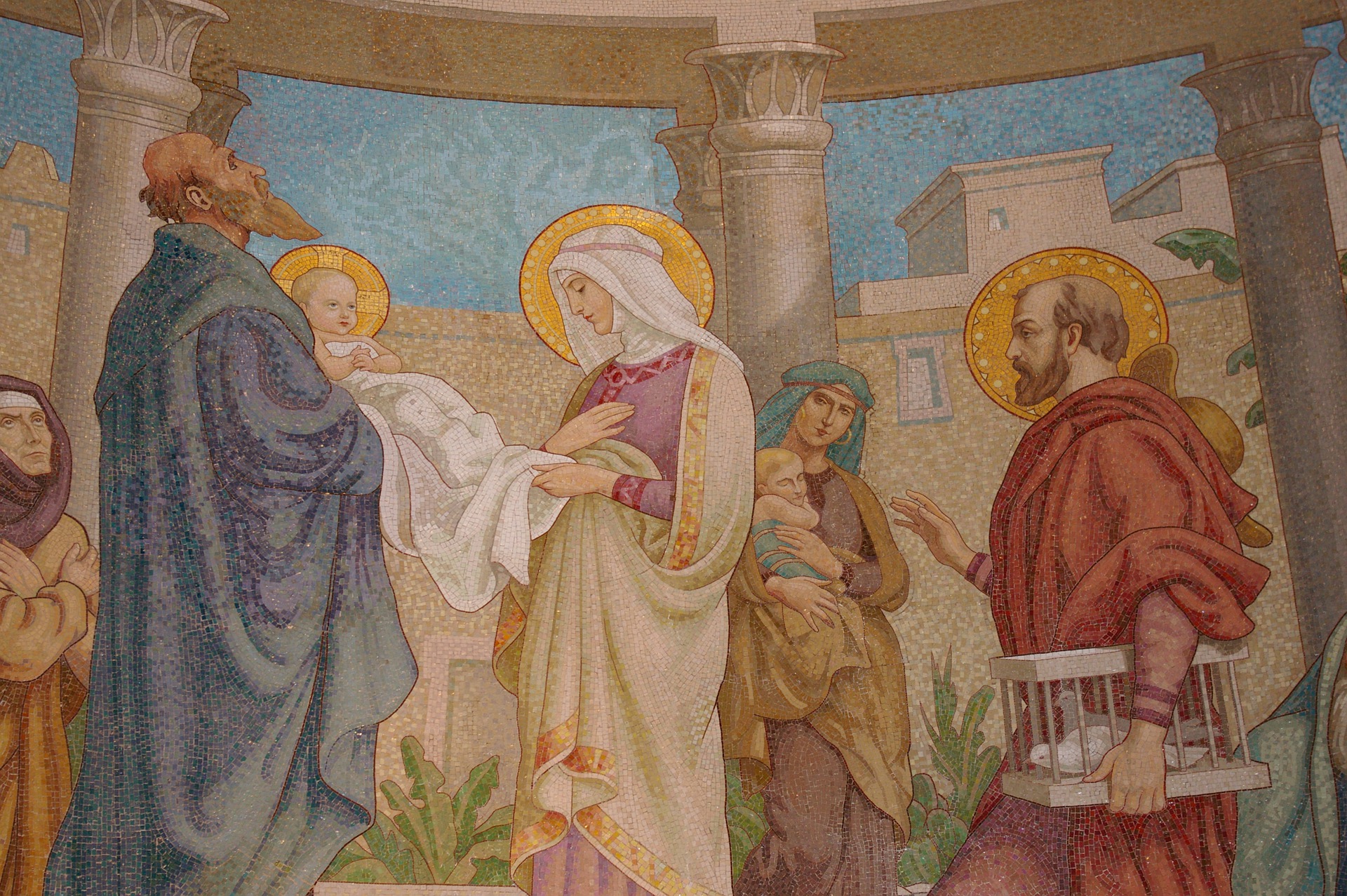
 Kathryn Mulderink, MA, is married to Robert, Station Manager for Holy Family Radio. Together they have seven children (including newly ordained Father Rob and seminarian Luke ;-), and two grandchildren. She is a Secular Discalced Carmelite and has published five books and many articles. Over the last 25 years, she has worked as a teacher, headmistress, catechist, Pastoral Associate, and DRE. Currently, she serves the Church as a writer and voice talent for Catholic Radio, by publishing and speaking, and by collaborating with the diocesan Office of Catechesis, various parishes, and other ministries to lead others to encounter Christ and engage their faith. Her website is
Kathryn Mulderink, MA, is married to Robert, Station Manager for Holy Family Radio. Together they have seven children (including newly ordained Father Rob and seminarian Luke ;-), and two grandchildren. She is a Secular Discalced Carmelite and has published five books and many articles. Over the last 25 years, she has worked as a teacher, headmistress, catechist, Pastoral Associate, and DRE. Currently, she serves the Church as a writer and voice talent for Catholic Radio, by publishing and speaking, and by collaborating with the diocesan Office of Catechesis, various parishes, and other ministries to lead others to encounter Christ and engage their faith. Her website is 